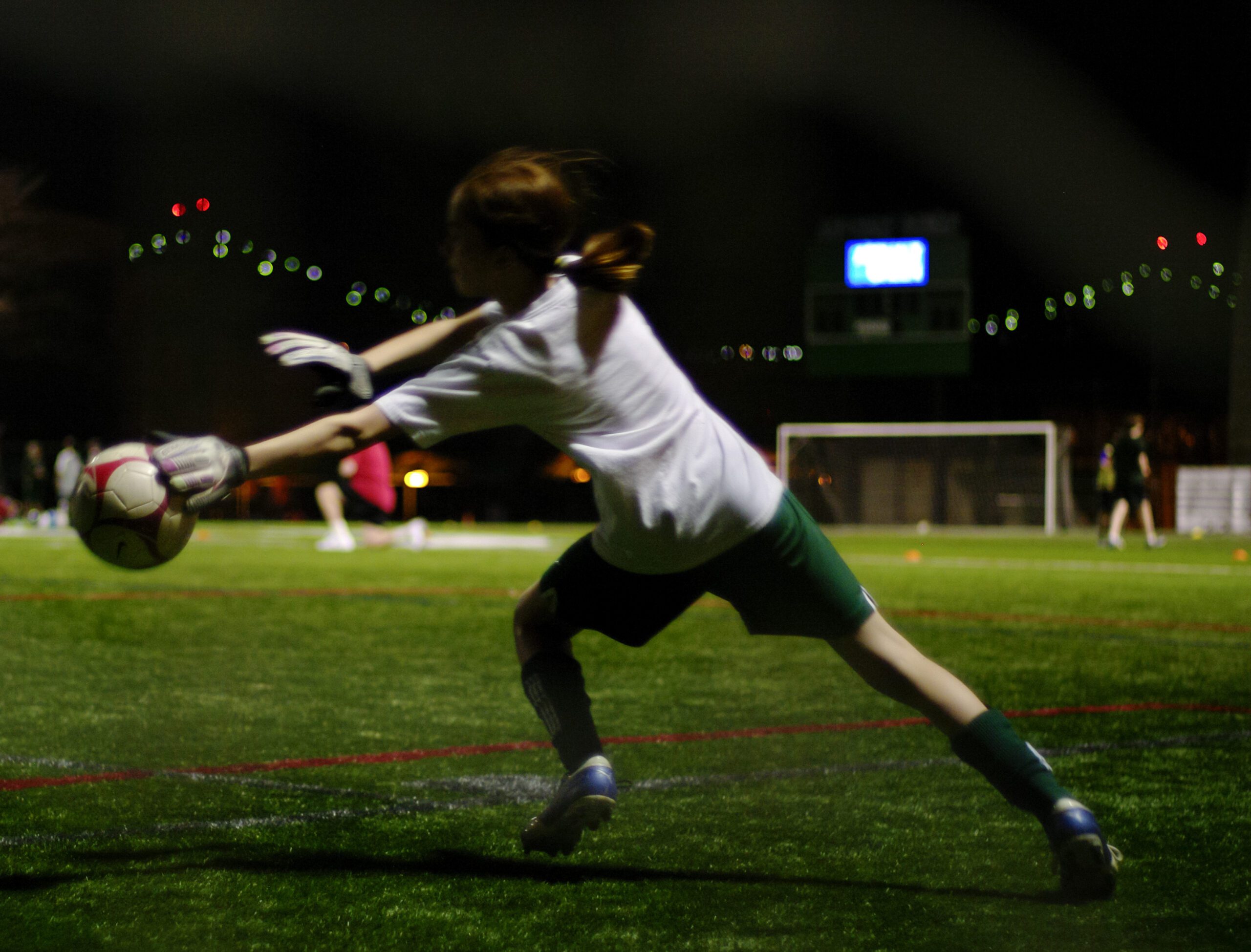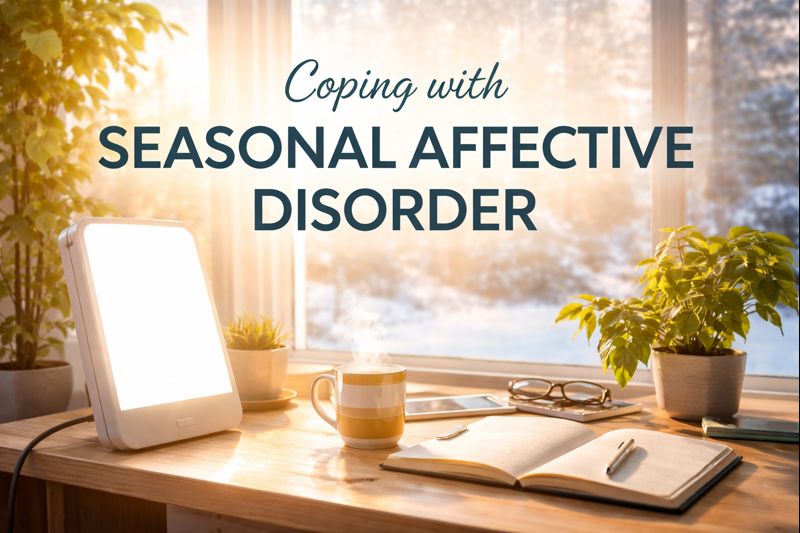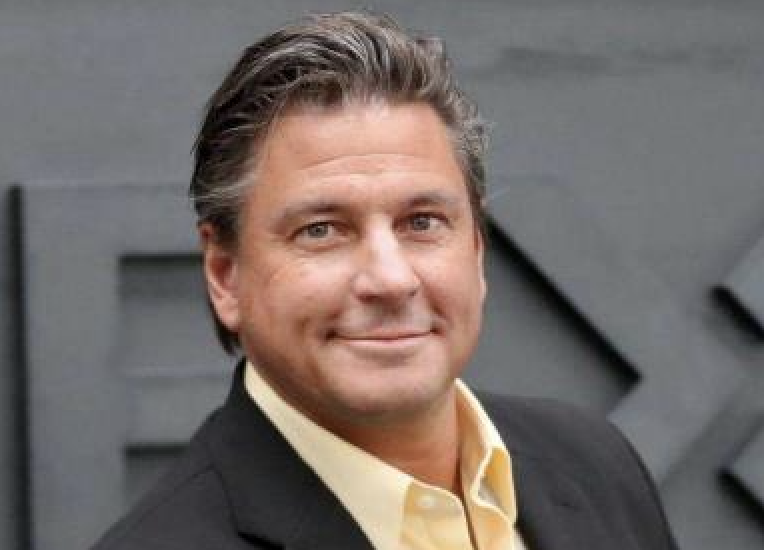SoulBeing February 2023 Newsletter
I read recently that children do not differentiate between work and play. Watching my toddlers attempt to fold socks or sweep the kitchen floor with the same unbridled enthusiasm that they demonstrate while playing with train sets or in a boisterous game of hide-and-seek, I have ample evidence in my own life that this is true. At the preschool they attend, the staff even refer to the activities that the children participate in throughout the day as “their work.”
As I was marveling at these observations last week, I began to wonder:
At what point do we start to draw a definitive line between which activities constitute work vs. play?
I cannot recall a time in my own life when I thought of school or my job or any other “obligation” as play. It was always work. But even at a young age, I found myself preferring work to play. As an elementary student, when allowed, I would stay inside and read or do workbooks rather than go “play” at recess with my classmates. I was far from anti-social, I just preferred to work. Even as a young kid, I perceived “play” in some ways as a waste of time.
This makes me very sad to reflect upon today, and highly sensitive to how I am subconsciously defining work and play for myself and for my children. I am acutely aware that what I model for them will be ingrained in how they navigate the roles of work and play throughout their lives.
The importance of being thoughtful and deliberate about this is not lost on me.
As a society, do we inherently approach work as something we are obligated to do? Or are we aligning work with the process of creating something of value? And if so, who do we rely on to determine what is valuable? Is work something that we must profit from? What about the argument for creating-for-creating’s-sake? Is that work, or is that play?
I have no answers for these complex sociological questions except my own singular experience. Since I left a corporate career that was very much “work” by every definition and SoulBeing became my full-time professional focus, I have found more joy in my work than I ever thought possible. While many days are challenging and many daily tasks are of the necessary-evil variety, I do certainly feel like my job allows me a great deal of “play time.”
This may be because I am able to be creative in my problem solving in a truly limitless way. My inherent creative strength becomes a great asset in moments when agility and out-of-the-box thinking are needed to push us forward. It may also be because the team that surrounds me is so dynamic, passionate, and talented that collaborating on literally anything becomes a fun team project. Or it could be that we are building a culture that recognizes that work and play do not have to be mutually exclusive. Most likely, it’s all of the above.
I also feel honored to do the important work of raising children into kind, decent human beings. College-aged Colleen would be horrified to know that the phrase “work hard, play hard” applies primarily to motherhood for me these days. Wow, being a good parent is a tough job. It is much more work than any professional endeavor has ever been. And it is the most, most fun. So much work and so much play every week, day, moment of parenthood, and I am rarely able to disentangle the two.
The lines between work and play in both of my major life roles blur for me constantly.
I am realizing in this season of my life that just because a problem is important does not mean we must always approach solving it with solemnity. We can take our work seriously and still have fun. In fact, I think we should. I think the best and most impactful work comes from the hearts and minds of those who truly enjoy the work.
Rick Rubin agrees. In his recent book The Creative Act: A Way of Being, (another must-read,) Rick outlines how we are all artists and the work that we produce is our art. He then shares his philosophy on doing our best possible work in any industry, in any circumstance. While this book is incredibly powerful for me for many different reasons, a key theme that permeates many lessons is that the most impactful works are usually the ones that the maker enjoyed making, allowed to flow through them rather than forced into existence, and then let go to be shared, without attachment to the outcome.
To me, this approach could define either work or play. Maybe they were synonyms all along.





0 Comments